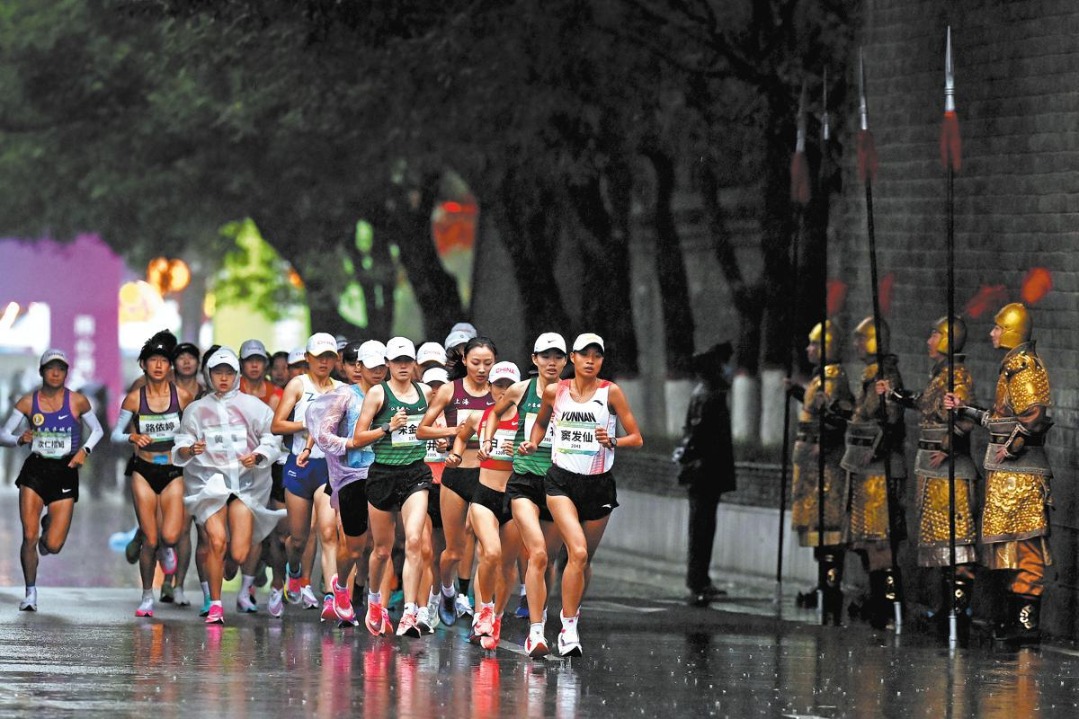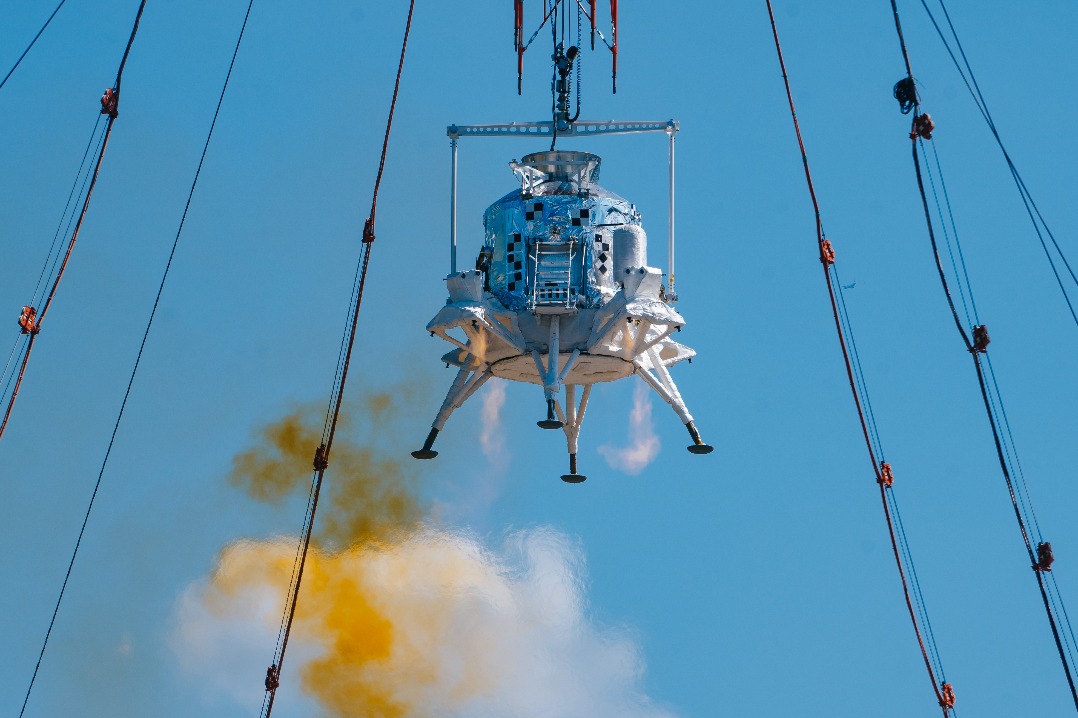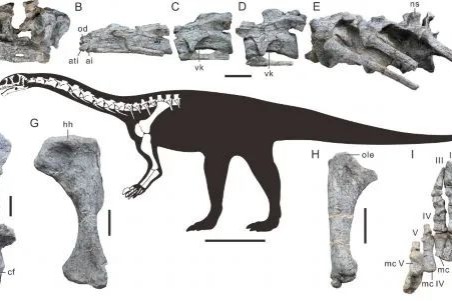Investment, talent and ethics essential for sector's growth

More investment in basic research, the cultivation of quality young talent and upholding high standards of scientific morals and practices are crucial for promoting China's science and technology development, experts said.
During a speech in Beijing in November, Wang Yimin, former deputy director at the Development Research Center of the State Council, China's Cabinet, said science and technology will be the most important field of competition among big nations in the future.
However, China still lacks the ability to make original breakthroughs in basic sciences, and one major reason is the lack of spending, he said.
In 2020, the country spent about 147 billion yuan ($23 billion) on the research and development of basic sciences, accounting for 6 percent of the total R&D budget. However, for developed nations, the ratio can be as high as 25 percent, he added.
The Ministry of Science and Technology said China plans to raise basic research spending to 8 percent of the total R&D budget by 2025.
This will include greater intensity and diversity of investment for basic sciences, as well as more optimized planning and policy support.
Wang said China has a massive pool of scientific talent but a dearth of top scientific minds that can lead their respective fields. This has created a situation in which China excels at making end products but is not adept at creating revolutionary ideas and designs, especially in core components and basic equipment, which has led to an overreliance on imports, he added.
Hou Jianguo, president of the Chinese Academy of Sciences, said it is important to train and attract high-quality talent to tackle "bottleneck" issues that limit China's socioeconomic development.
Measures such as supporting leading scientists and young talent, granting them more autonomy over research projects and optimizing talent review and evaluation mechanisms will be key to improving the quality and motivation of the scientific workforce.
There is also a need to improve scientific ethics, practices and integrity among researchers, so scientists can be held accountable for their actions and ensure that their work is conducted and reviewed properly and rigorously, Hou said.
This will reduce academic misconduct, discourage the shortsighted pursuit of success and allow truly innovative people and their work to shine, he added.
Qi Faren, the first chief engineer of the Shenzhou family of manned spacecraft, said upholding the highest standards of scientific practice and integrity is a matter of life and death for the space industry, and it is also the reason why no Chinese astronauts have ever been injured or killed during manned flights.
"Tiny details can make or break a big project," he said. "Our young talent should be pragmatic and realistic-there can't be a shred of carelessness or fraudulence.
Today's Top News
- A Quixotic quest to reindustrialize US
- Major test brings lunar mission closer to reality
- China likely to continue buying gold
- World Games dazzle spectators in Chengdu
- Choirs send message of amity at games' opening
- Foreign trade stays on stable growth track






























